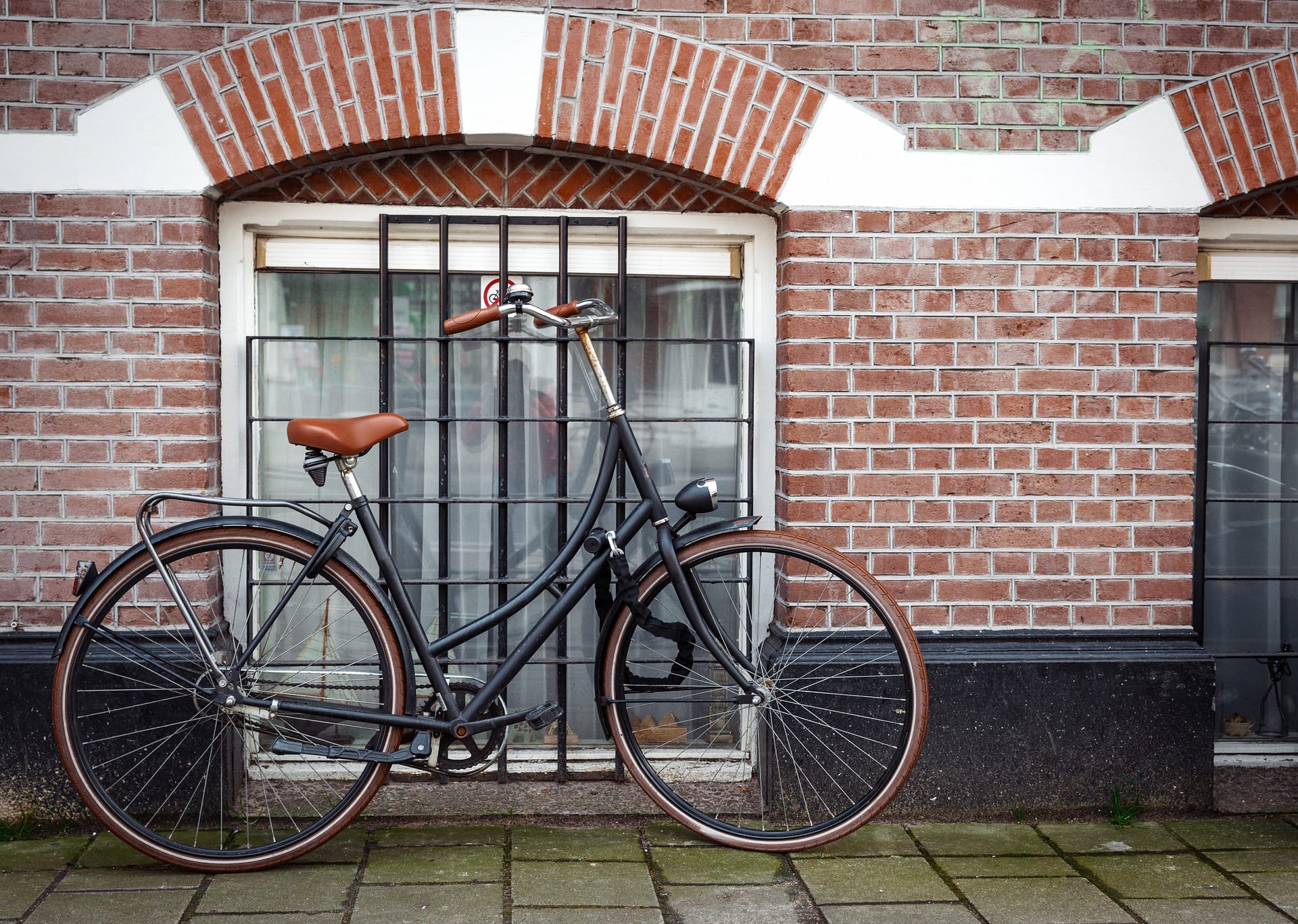
SEO Translation Dutch
As an agency for SEO translations into Dutch, we support you in your SEO strategy with regard to internationalization in the Dutch language area. We do not rely on a literal translation of the content, but take into account the local requirements of the Dutch language. With MONDIS, your content will be perceived correctly in the Dutch linguistic space.
Dutch as a versatile language
The historical development of Dutch
The Netherlands itself and even more so Dutch as a language are perceived as “cute” in this country. With a very arrogant approach, Dutch is often considered a dialect of German. As a West Germanic language, Dutch can look back on its very long history and it would be insulting to consider it as part of the German language history, even if similarities exist. Due to its former geographical size and its importance as a colonial power, the Netherlands has left its mark in linguistic terms. Its linguistic area includes the Netherlands, Belgium, Suriname, Aruba, Sint Maarten and Curaçao, and Dutch is also considered a minority language in Germany as well as France. In countries such as South Africa and Namibia, the Afrikaans spoken there has its roots in the Dutch language.
Where are the challenges in SEO translations in Dutch?
Given this diversity in the Dutch-speaking world, SEOs and marketers alike face the challenge of adapting translations to the local requirements of the respective target market. The difference between European Dutch and overseas Dutch in particular is considerable, especially since cultural and economic aspects must always be taken into account. A distinction must also be made between the Dutch and Belgian markets, even though there is a great deal of geographical and linguistic proximity. Habits such as customer approach and other local requirements must be determined individually for each target market and implemented in the SEO translation. With a comprehensive keyword research, all search engine relevant terms are identified and provided to the translator.
Dutch SEO translations
What are the specifics of the Dutch language?
- Nouns: Unlike in German, nouns in Dutch are not subject to cases. This makes it much easier to get started with the language.
- Consonants: The Dutch language has little stumbling blocks due to the accumulation of consonants. Words like “angstschreuw” (cry of fear) or “slechtstschrijvend” (bad writing) have a high proportion of consonants and thus become tongue twisters.
- Loan words: The closeness of Dutch to German, French and other languages arises from the high number of loan words. Almost one third of all words originate in another country. Paraplu (umbrella) or jus d’orange (orange juice) from French or bajes (prison) from Hebrew are examples of this.
- Long word formation: Similar to German, different words can be combined with each other. The longest Dutch word therefore comes to 60 letters: “Kindercarnavalsoptochtvoorbereidingswerkzaamhedencomitéleden”.
- Word “GEZELLIG”: There are also words in use in Dutch that do not translate easily or at all. “GEZELLIG” is used in the context of coziness, enjoyment or feel-good mood, but a clear translation does not exist.
- Unified language: The Dutch language as a unified language for all provinces was created in the 17th century. The Rederijkers, the Dutch poets’ guild, had a decisive influence on the development and created the basis for the uniform understanding.
Keyword research for Dutch
What to look for in countries with Dutch language?
Keyword research forms the basis for a substantial foundation for SEO translations in Dutch. A distinction regarding usage must already be made between usage in the Netherlands itself and that in Belgium, as there can be local differences. The differences are even more pronounced when distinguishing between the use of keywords mainly in the commercial sector in the Netherlands and countries in the Caribbean or other regions. As a cause, temporal and cultural changes can be suggested; after all, the use of the language is always subject to new influences. Dutch in Central America is influenced by Spanish and English, while European Dutch adapts words from German, French and English, among others.
Search engine distribution and user behavior of great relevance
In the search for suitable keywords for one’s own products or services, the use of search engines must be examined. In Europe, especially in the Netherlands, Google holds a dominant position. With a market share of 96.6 percent, the tech giant from the USA dominates events in the Netherlands. Bing, with 2.2 percent, has hardly any relevance. Events in the Caribbean and Latin America are even more dominant. Google plays out its supremacy in search engines due to Android technology, which is integrated in numerous smartphones. Bing or Yahoo can be left out of the equation when considering keyword distribution. Nevertheless, a distinction must be made in terms of usage. Because even if mobile use dominates in Europe, websites still have to be aligned for the desktop as well. In Latin America, this share is now vanishingly small.
Dutch in the Netherlands & Belgium
Differences between Dutch in Belgium and the Netherlands
| English | Dutch (Netherlands) | Dutch (Belgium) |
| butcher | beenhouwer | slager |
| PhD student | doctorandus | licentiaat |
| sale | uitverkoop | solden |
| truck | vrachtwagen | camion |
| to cry | huilen | wenen |
| beautiful | mooi | schoon |
| cheese toast | croque monsieur | tosti |
Marketing Differences
Localization in marketing – differences in Europe and the Caribbean
A very good SEO translation should highlight cultural differences. While in this country in e-commerce the merchants are given a great deal of trust and payments are made in advance, consumers in the Caribbean and Latin America are much more skeptical of the merchant. Here, orders are very often placed on a cash-on-delivery basis so that the quality of the desired product can first be scrutinized. The biggest challenges are the payment options. For possible overseas sales or services, you have to be prepared to require completely new payment methods in your system. Credit cards, debit cards, or checking accounts are not available for many people to use. Merchants have the ability to issue invoices that can be paid at banks or at local service providers.
What people like to buy online?
While there are hardly any restrictions in terms of needs in the Netherlands itself, logistics and needs restrict purchasing behavior in the Dutch overseas territories. Products cannot be delivered to every region, and many countries also levy high taxes on imports, which are then reflected in pricing policies. Preferred categories for online shopping are clothing, accessories and household appliances. In addition, there is a great consumer proximity to marketplaces where products are offered at lower prices or as bargains. These markets offer opportunities, but can also become a problem for suppliers, as numerous counterfeits are offered. Trust in e-commerce is not yet so pronounced, so it is all the more important to create this with a correct SEO translation in Dutch.
Tips for Dutch SEO Translations
What are the tips for very good SEO translations in Dutch?
- Before entering the market, a target-oriented analysis is the basis for successful internationalization. Take into account the different requirements regarding the use of websites and logistics.
- Conduct keyword research for each target market to capture local differences and incorporate them into SEO translation.
- Rely on agencies that can incorporate the necessary knowledge of cultural differences with native speakers.
- Orient yourself to the needs and customer approach in the target market.
- Avoid literal translation and go for individual expressions.
We translate your SEO texts into
- Albanian
- Arabic
- Bulgarian
- Catalan
- Chinese SEO Translation
- Croatian
- Czech
- Danish SEO Translation
- Dutch SEO Translation
- English SEO Translation
- Estonian
- Finnish SEO Translation
- French SEO Translation
- German SEO Translation
- Greek
- Hindi
- Hungarian
- Icelandic
- Italian SEO Translation
- Japanese
- Korean
- Latvian
- Lithuanian
- Luxembourgian
- Macedonian
- Malayan
- Moldavian
- Norwegian
- Persian
- Polish SEO Translation
- Portuguese SEO Translation
- Romanian
- Russian SEO Translation
- Serbian
- Slovak
- Slovenian
- Spanish SEO Translation
- Swedish SEO Translation
- Thai
- Turkish
- Ukrainian
- Vietnamese
Get in Touch
MONDIS provides professional SEO translations to make your website visible to international audiences

We adapt existing SEO texts for all desired languages and markets and advise on all factors affecting the visibility of your multilingual website in target markets.
Contact: Michael Quast, Managing Partner
Telephone: +49 30 48496622-0
Email: contact@mondis.de